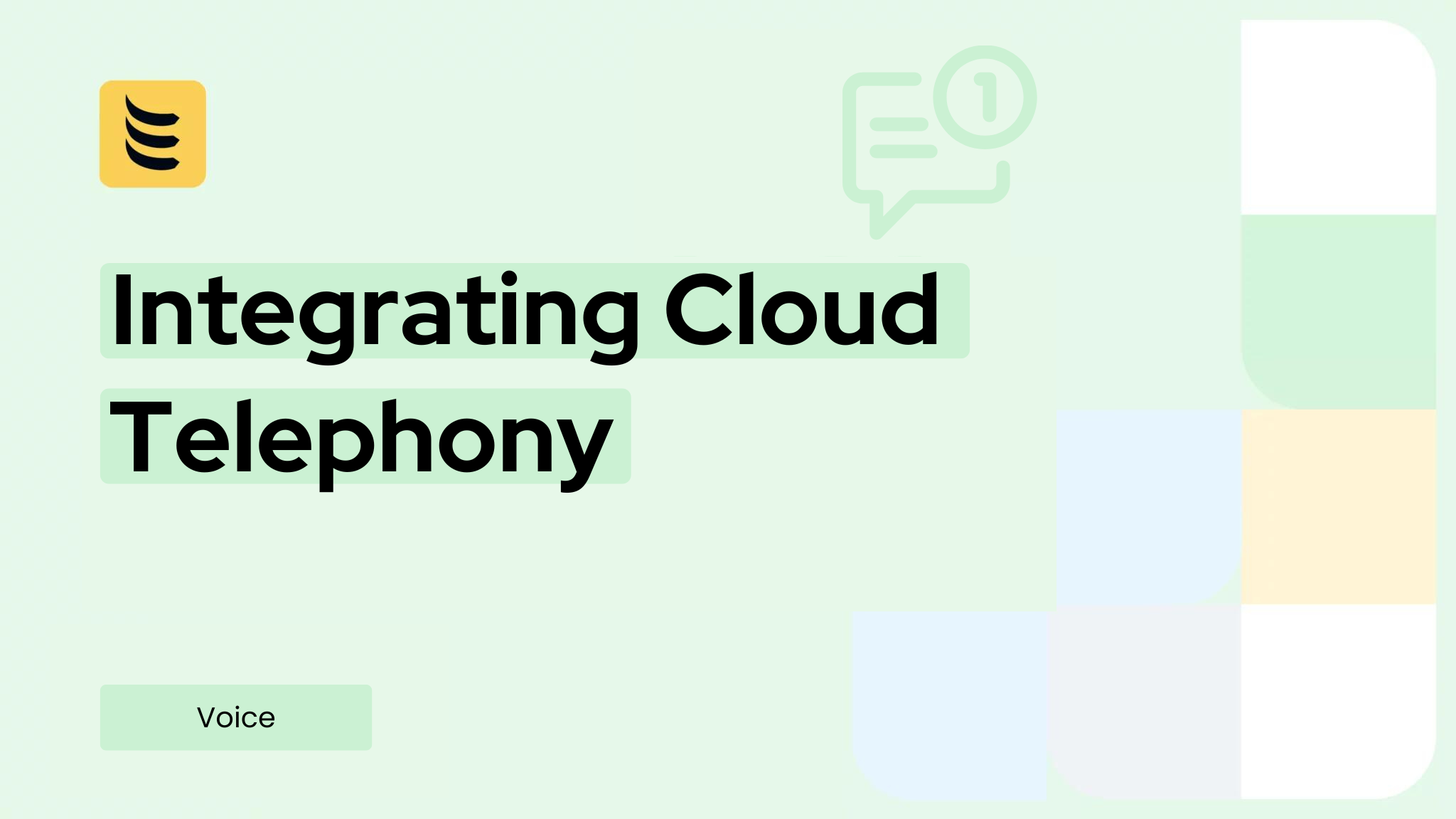The telecoms industry, like any other area of technology, is awash with jargon. If you’re looking at VoIP (Voice over IP) technology for your business telephone system, you’ve probably come across the terms “SIP” (Session Initiation Protocol), as in “SIP provider” or “SIP trunking,” and “PRI” (Primary Rate Interface).
But what do these terms mean exactly and why are they important for your business?
ISDN and PRI
Traditionally, business telecoms are provided through a PABX system that is linked to the public switched telephone network (PSTN) via an integrated service digital network (ISDN). In this case, PRI stands for “primary rate interface,” which is a method of dividing the audio spectrum on a telephone line into channels so that data and voice can travel simultaneously.
Generally speaking, PRI delivers a high-quality connection. However, ISDN lines are relatively expensive to rent and may present a bottleneck, should your business need to quickly expand its capacity.
SIP Trunking
The modern alternative to the ISDN system is SIP trunking. Like PRI, SIP trunking connects your internal PABX to the PSTN, but it does so using Internet Protocol (IP) technology. Companies that supply this internet telephony service are termed “SIP providers.”
Under the IP system, data is split up into segments that get carried across the network and the telephone system in “packets.” The packet contains a body, where the data is carried, and a header, which contains routing and administration information. The header contents enable the data to reach its destination and then be reassembled into their original form.
Packet networks don’t require dedicated channels because the identifiers in the headers mean that the data from different customers can all be routed through to different destinations, even though they might travel in a common stream most of the way.
The only limiting factor is the bandwidth capacity of the carrying wire, cable, or fiber. As a result, it’s easier for users to expand their service in order to use more of the available capacity on the physical infrastructure. SIP providers have to aggregate demand from many customers and ensure that there is enough capacity available for all of their traffic to travel without being queued.
Wholesale VoIP Termination Rates
A SIP trunk is a series of virtual connections, so there is no need for physical termination of each link (as there is with PRI). Using a shared infrastructure requires less hardware; therefore, SIP rates can be cheaper than the prices offered for PRI services.
As SIP is a newer technology, smaller companies entering the market have fewer non-wage labor costs accumulated from years of operations to deal with – for example, pension fund costs or extensive physical infrastructure. In this way, taking advantage of SIP enables new, lean businesses to level the playing field with more established providers.
Reducing costs is a primary goal of all businesses, and it usually proves to be the main motivator when enterprises investigate a switch to VoIP. By switching to a SIP provider, businesses can save on the rental costs of dedicated lines, which can be several hundred dollars per month.
There are also savings to be made on individual call costs. Though these vary between providers, many offer landline calls free of charge, in addition to cost-effective rates for dialing mobile and international numbers. Some services even provide mobile apps, allowing cell phone calls to be channeled over the internet as well at almost no cost.
The Cost of Switching
Many recent PABX systems can work with either PRI or SIP technology, so there may well be minimal need for hardware changes. Businesses organizing office telephone systems also have the option of choosing a hosted PABX in the cloud, which removes the need to buy and maintain telephony or computing hardware on-site.
Further, switching from PRI to SIP doesn’t change how calls are conveyed around the company’s data network – the voice system will still be digitized. As a result, no handsets need to be changed out in order to use a new SIP system. Similarly, employee mobile devices will be able to receive routed SIP calls in the same way that they receive PRI-driven calls.
Quality Issues
That said, quality of service (QoS) is an area of concern for many businesses that are considering switching to IP-based systems. Call quality with ISDN systems is high because it provides a dedicated channel for each call. SIP providers, on the other hand, have to ensure that there’s sufficient bandwidth on a shared line in order to ensure QoS for all IP-based telephone connections.
Generally speaking, however, there’s no quality cost to switching over to SIP, as long as you ensure that your network has sufficient capacity to carry the expected call value – and that you deploy application prioritization in order to give VoIP traffic the fastest possible delivery speed.
Choosing a SIP Provider
Although VoIP technology has been around for quite some time, the market for internet business telephone services has only taken off recently. Suddenly, there are many new SIP providers out there, and businesses must be cautious when choosing who to use for telephone services.
As with any market, there are good and bad providers. It is difficult to assess the quality of a service until you’re actually using it, though. by that time, you might have already signed a contract that includes a lock-in period.
Look for reliability and a long track record of excellence, as well as good prices when you select a SIP provider. Call service quality and constant availability are critical requirements for most businesses, as even a brief communications failure can cost your company sales and new customers.
If you need more help understanding PRI and SIP systems, get live assistance from the experts at IDT Express. Reach out today for help making this important decision.




